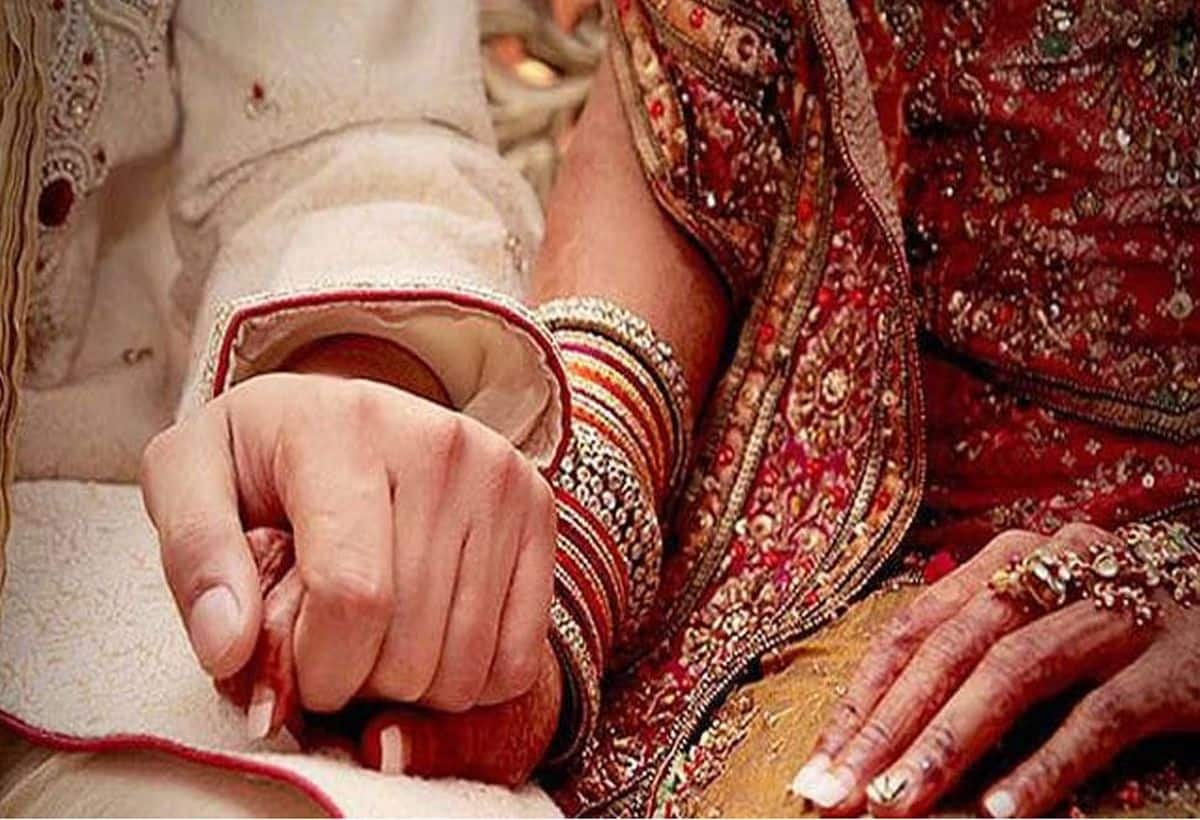Unique Tradition of ‘Dhadicha’ in Shivpuri, Madhya Pradesh
Indian culture, with its rich traditions and diverse customs, attracts global interest, leading many foreigners to embrace Hindu rituals, including marriage. Among the various intriguing practices across India, one particularly striking custom is observed in Shivpuri, Madhya Pradesh—the ‘Dhadicha’ tradition, often referred to as the heartbeat of India. This tradition might raise eyebrows as it involves a marketplace where women can be rented or ‘hired’ for specific durations, creating a peculiar blend of custom and commerce.
What is the ‘Dhadicha’ Tradition?
In Shivpuri, the ‘Dhadicha’ tradition is characterized by an annual market specifically for renting women and girls. During this market, men flock from various regions to participate in this unique phenomenon. Women—ranging from unmarried girls to married women—are auctioned to the highest bidder based on their demeanor and perceived worth. Interested men engage in agreements with the women, formalized through stamp papers valued between Rs. 10 and Rs. 100, detailing the stipulations of their arrangement.
Process of Renting a Woman
The renting process in this market is quite structured. Men evaluate the potential candidates based on their behavior and personal preferences. Once a woman catches the attention of a man, an agreement is made to finalize the rental for a predetermined period. This agreement outlines the terms and conditions set by both parties, ensuring clarity on the expectations from the relationship.
Renewal of Agreements
If a man desires more time with a rented woman, he must return to the marketplace to establish a new agreement. This practice emphasizes the temporary nature of these relationships, where a man is required to pay a fee for further rental time.
Reasons Behind Hiring Women
The motivations for men hiring women can vary significantly. Some men require assistance at home, wishing to employ a woman to care for their family or perform household duties. Others may hire women to create the appearance of marriage for social events or gatherings. Additionally, unmarried individuals might seek companionship during the rental period, capitalizing on the arrangement for personal fulfillment.
Breaking the Agreement
An important aspect of the ‘Dhadicha’ tradition is the autonomy granted to women within these agreements. Women retain the right to end their contracts at any point if they feel dissatisfied with the arrangement. To formally break an agreement, a woman must provide an affidavit on stamp paper and may need to return a portion of the rental fee. In some cases, women can choose to terminate their obligation in favor of a more lucrative or appealing arrangement elsewhere.
Conclusion
The ‘Dhadicha’ tradition in Shivpuri exemplifies a complex interplay between culture, economics, and social needs, raising many questions about the role and agency of women within such customs. While it may seem unfathomable to outsiders, this practice thrives within its cultural context, demonstrating the diverse tapestries woven into India’s societal fabric.












